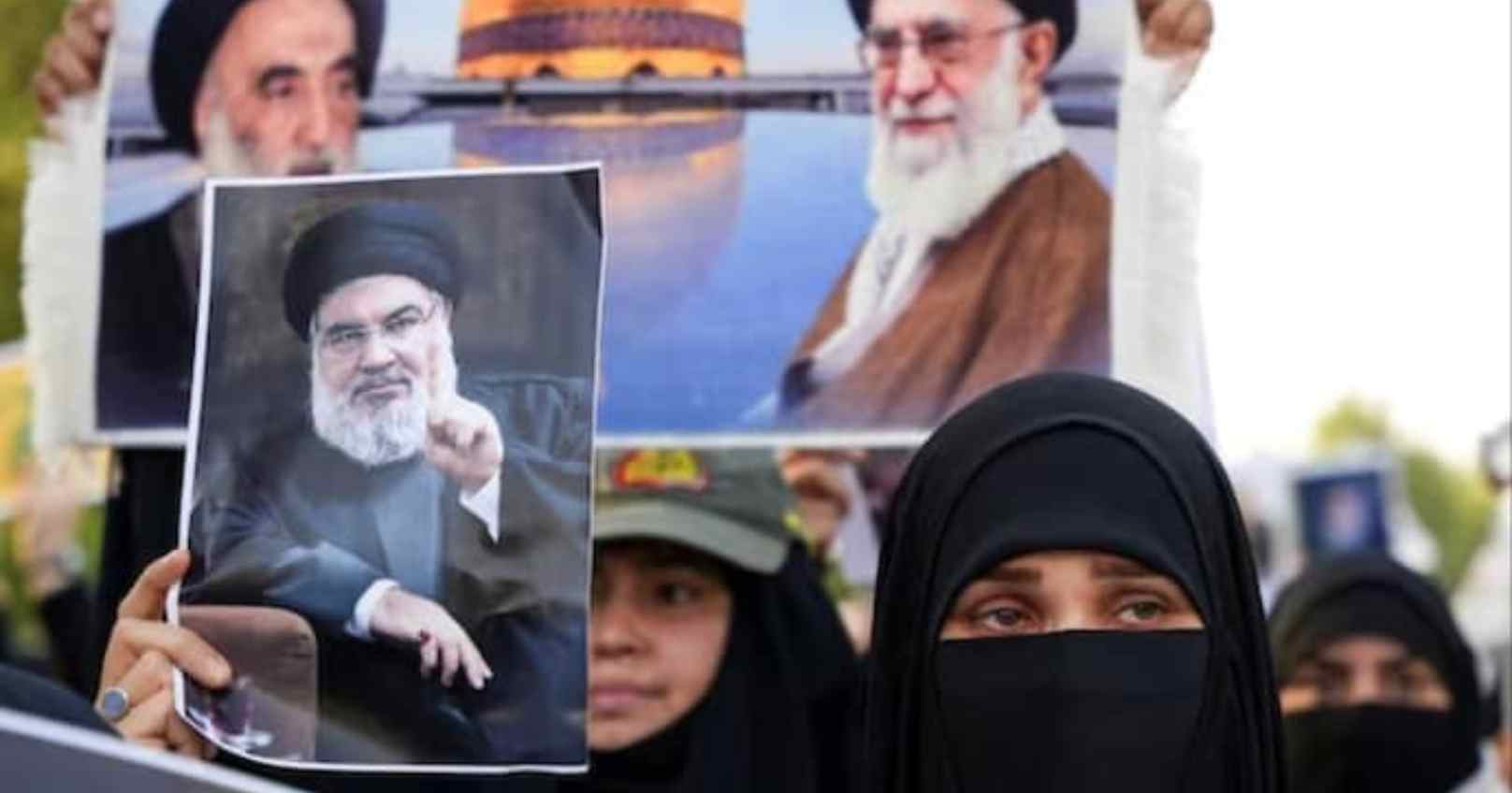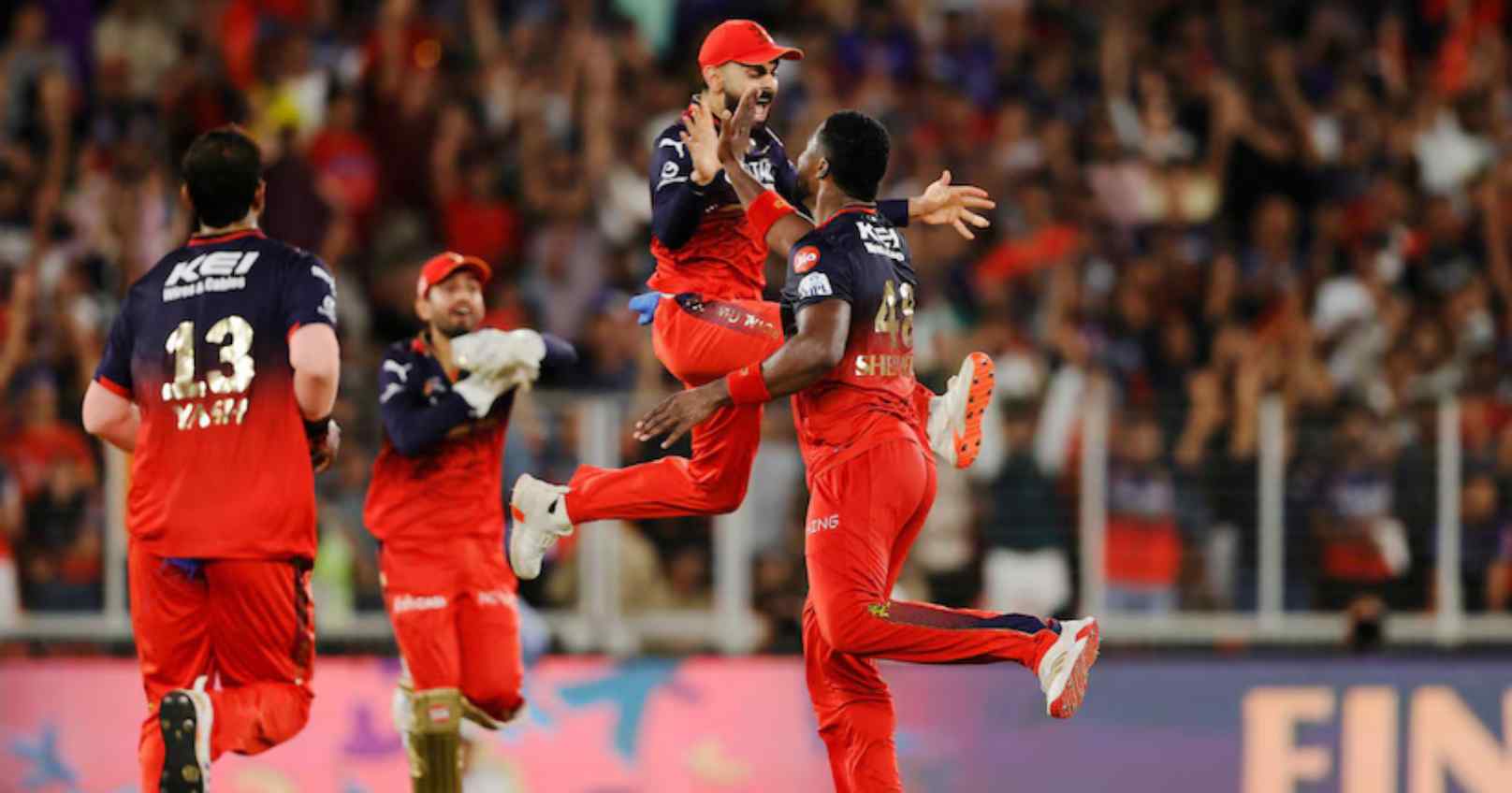The funeral for Hezbollah leader Hassan Nasrallah, who was killed in an Israeli airstrike on the group's headquarters in Beirut, is set to take place on Friday. His death marks a significant escalation in the ongoing conflict, raising concerns about the potential for a broader regional war.
Images shared by India Today's Ashraf Wani reveal the destruction of the six-storey building that was struck in the attack.
In Iran, protests erupted following news of Nasrallah's death, with demonstrators chanting slogans against the U.S. and Israel, demanding revenge while displaying photos of the slain commander. Iran has called for an urgent meeting of the UN Security Council in response to the escalating hostilities between Hezbollah and Israel. Lebanon has also declared a five-day mourning period for Nasrallah.
Following the news of his death, sirens were activated in various regions of Israel. A projectile fired from Lebanon landed in the Israeli-occupied West Bank, but there were no reports of injuries. Sirens were also triggered on the outskirts of Jerusalem, which the Israeli military attributed to a launch from Lebanon.
In addition, Israel announced that it had eliminated Hassan Khalil Yassin, the head of Hezbollah's intelligence unit responsible for identifying military and civilian targets in Israel.
Hezbollah has appointed Nasrallah's cousin, Hashem Safieddine, as the new leader of the group. Both men were early members of Hezbollah.
In a show of force, Israel commenced "targeted ground raids" in southern Lebanon, despite international calls for restraint. In retaliation, more than 100 rockets were launched from Lebanon into northern Israel, though the Israeli military reported no injuries. Israel conducted overnight strikes targeting central Beirut, resulting in the deaths of six individuals and injuries to eight others. Additionally, Lebanon's Health Ministry reported 46 fatalities and 85 injuries from Israeli attacks across the country in the preceding 24 hours.







